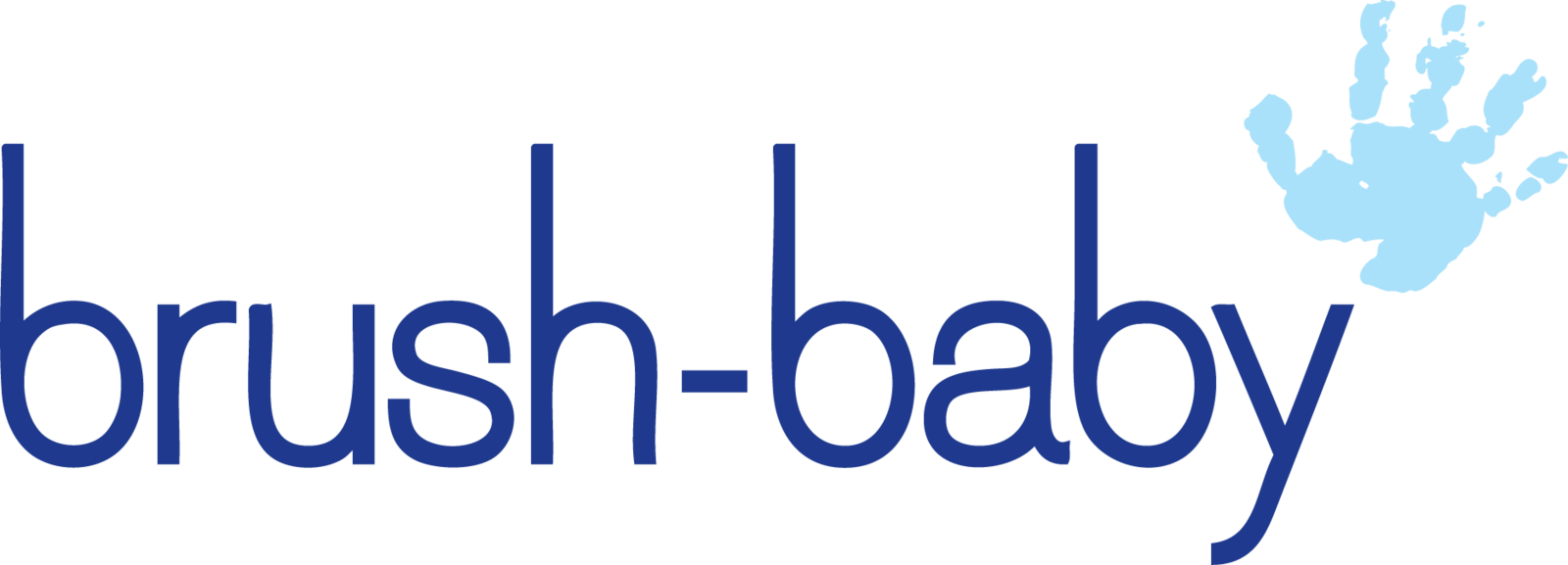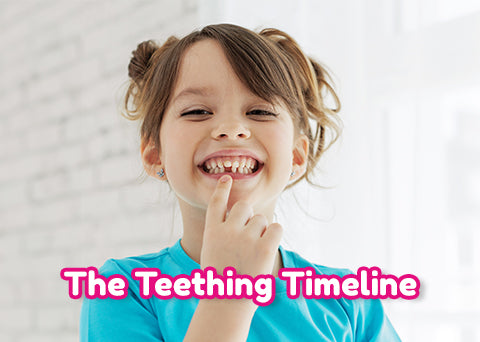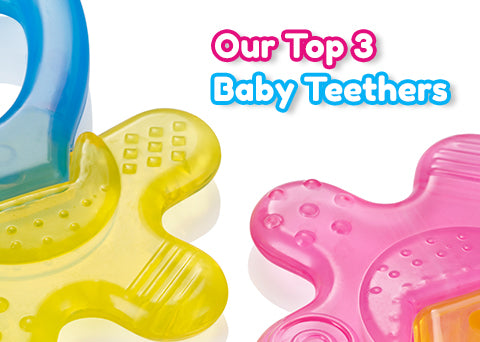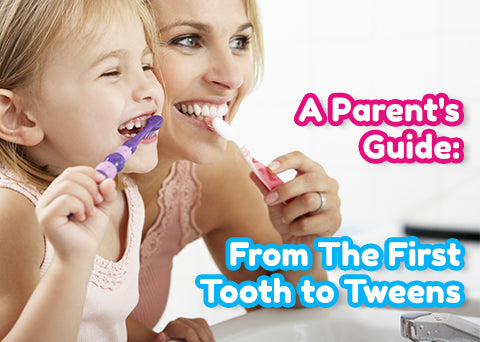When To Start Brushing Baby Teeth: Tips And Tricks For First-Time Parents
Q. When to start brushing baby teeth?
A. As soon as their first tooth has emerged, which is usually around 6 months of age. You can also use baby gum wipes from birth to establish a solid dental routine and ensure good oral health.
A baby's first tooth is a momentous occasion for any parent. But alongside the excitement comes the responsibility of taking care of them. Brushing baby milk teeth is an essential part of a child's oral hygiene, but many parents wonder when they should start. Some may not be aware that baby teeth need to be cleaned as soon as they emerge. This blog post will provide tips and tricks for first-time parents wondering when to start brushing teeth for baby.
Brush- baby recommends that parents start brushing their baby's teeth as soon as they appear. This often happens around six months of age, but it can vary. Some babies may grow teeth as early as three months, while others may not see their first tooth pop up until after a year. Regardless of when the teeth emerge, it's essential to start brushing them to prevent cavities and other dental problems.
You can however use our baby dental wipes or baby teething wipes from birth. This will allow you to wipe away any milky residue left in your little one’s mouth and will help protect their newly emerging teeth from harmful bacteria and cavities.
One of the biggest challenges when brushing baby teeth is getting the baby to cooperate. Babies can be uncooperative and may refuse to open their mouths or move their tongues. But it's crucial to establish a routine, even if it's just a few strokes at first. The key is to make it a fun and playful activity. Use a baby toothbrush with soft bristles and an infant toothpaste. Baby toothpaste is safe if ingested, so you don't have to worry about your baby swallowing it. Sing a song or play a game while brushing to keep your baby engaged.
Another concern for parents is how to brush baby's teeth. We recommend brushing twice a day, just like adults. However, babies only need only a tiny amount of toothpaste, about the size of a grain of rice. As your baby grows, you can gradually increase the amount of toothpaste for babies to a pea-size amount. Avoid giving your baby sugary or starchy foods and drinks, which can cause tooth decay and cavities.
As your baby grows, you can begin to encourage them to start brushing their teeth independently. This can be an excellent way to teach them personal hygiene and responsibility. You can offer assistance and supervision until they are old enough to brush properly on their own. Always use age-appropriate kids toothpaste and childrens toothbrushes and replace them regularly to maintain proper dental hygiene. If it’s splayed - throw it away!
To conclude, taking care of a baby's dental health early on can prevent dental problems in the future. Parents should start brushing their baby's teeth as soon as they emerge, using a soft bristle toothbrush and child-friendly toothpaste. Make it fun and playful, and establish a routine. Avoid sugary or starchy foods and drinks, and encourage your baby to brush independently as they grow older. Taking care of your baby's teeth is an important part of keeping them healthy and happy!
